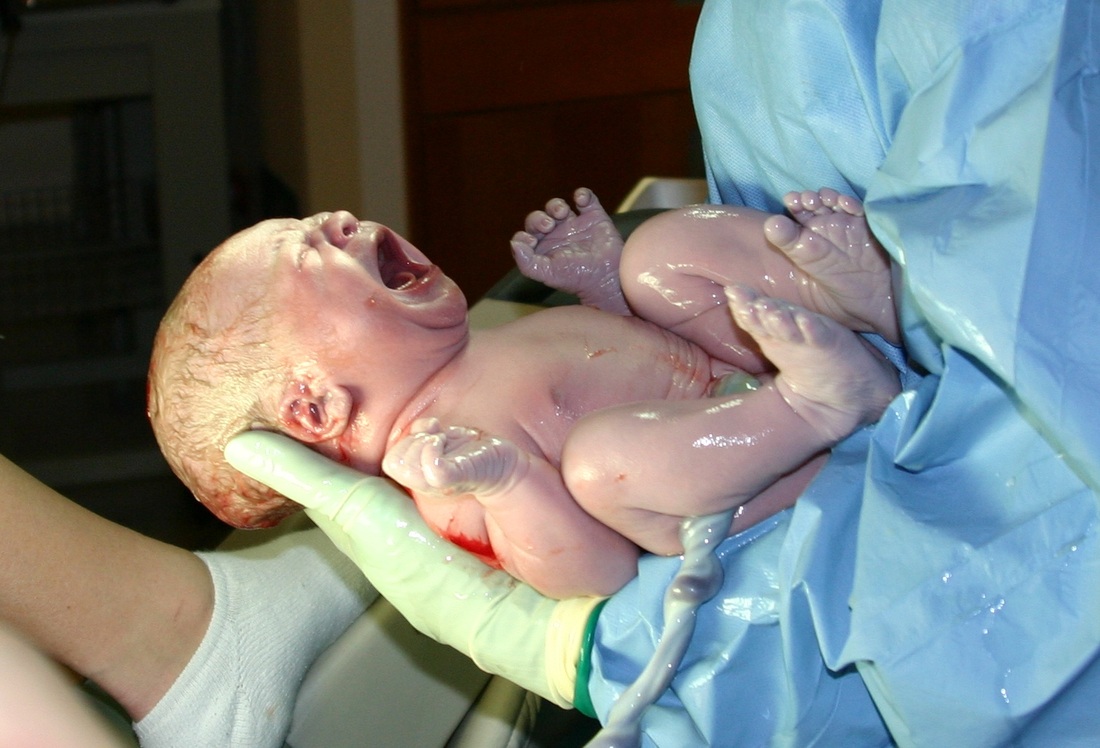|
The Breadcrumbs widget will appear here on the published site.
And the Baby Grows UpIn just several hours, my little sister will begin her first day of her last semester of college. She's molted and it's nearly time to fly. I still remember her as a chick, newly hatched. I watched her wiggle and squirm through the glass that separates passersby from newborns in the hospital. She was small, pink and naked save for her tiny diapers. Born so teeny they put her in an incubator to bake a while. The bun was returned to its oven for three weeks—and now that bun is only credits away from earning her university degree. Nauseating articles about millennials written by baby boomers aside (my personal favorite clueless dek: “Young adults do not think and act alike, as it turns out. In fact, some do not want to be called millennials at all.” What an epiphany!), let's admit it: adolescence no longer ends at 18. High school graduation means End of Adolescence, Part 1. Ages 18-23? Adolescence, Part II. 24-25? Early adulthood...maybe. How many times has Grandma told you she was already married at your age? My boyfriend and I enjoy watching classic films and looking at old photos, not just as image-makers and history-lovers, but also because of the sense of awe that rises in us each time we see a twenty-something in the 1940s. That twenty-something would pass for a thirty-something in this day and age. The hard gaze, the conservative haircut, the buttoned-up wardrobe that comes with parenthood—all of these elements add a decade or two to a body that, today, would still be footloose and fancy-free. Without a family, a mortgage, or even necessarily a significant other (or dog!), the young urbanista of 2014 can afford to be selfish. I recently and reluctantly found explaining “hookup culture” to the older folks at my office job. Blushing, I described the concept behind OkCupid. I quickly added many footnotes, none of which I'll bother detailing here, but the question I couldn't exactly answer was, Why has traditional dating all but died? If I could answer that question, I'd probably have fewer heartbroken friends. I could've spared myself countless hours of listening to OkCupid horror stories. I'd never have to hear the words “He dumped me by text” again. Because if I knew the answer to that question, I would've found a solution for my generation going back to traditional dating en masse. I would've been that prude-turned-savior my entire social circle worshipped for matching everyone with their soulmate. Because even if we're living longer and infertility for women in their late 30s is less of an issue now than it was for our grandmothers, we do not fall in love later than our grandparents did. Infatuation still starts with puberty, and that's when the heart first begins to ache. Yet today's primary post-grad heartache seems to center on LinkedIn profiles and Skype interviews more than anything. When my sister graduates in May, most of her female classmates will not walk across the stage and grab their diploma with an engagement ring shining beneath the auditorium lights. Most of them will be more anxious about employment than marriage. I have told her about a few of my classmates: the ones who still did not have a job a year after graduation, the ones who, two or three years out of college, thought they were destined for a career as a professional waitress rather than the professor or television producer they imagined being at age 19. We have had plenty of conversations about grad school, too. In December 2012, I remember warming my hands over a mug of hot chocolate listening intently as one of my friends elaborated upon the various multimedia samples she planned to include with her grad school applications. After each summary, she'd second-guess herself in a frenzy: “Do you think they'll accept me if I put that in?” I picture two young women in a coffee shop two generations ago discussing love instead: “Do you think he'll like it if I wear my hair that way?” Now my friend is a successful student in an Ivy League program studying exactly what she had hoped for. But it took her two years of waitressing after college, one year of working at two different non-profits for crappy pay and a lot of agonizing over her grad school apps to get there. This morning, I told my sister that I was proud of her for going into her last semester of college. Plenty of people never get to that point. She muttered thanks, averting my gaze. For her and other privileged twenty-somethings, the concern is not finishing college. The hand-wringing lies in deciding what to do the moment the cap and gown come off. “Do something good,” I had told her the day before. “Help somebody.” I suggested AmeriCorps, teaching fellowships, artist residencies with a community engagement angle, an internship at an art or history museum that cared about community outreach. I thought back to our grandmother who, at about the same age, had herded alcoholics and drug addicts in The Bowery toward clean living. That was the 1950s, when a dark cloud hung over the Manhattan neighborhood, and Quaker missionaries like my grandmother hoped to give the down-and-out a second chance at a sense of purpose. My sister nodded after I made my suggestion. “That's what I want to do,” she said simply, and went back to filling out online job applications. #College #Graduation #Unemployment #Millennials #Twentysometimes #Jobs #GradSchool #Uni #CollegeDegree #Anxiety CommentsComments are closed.
|
|








